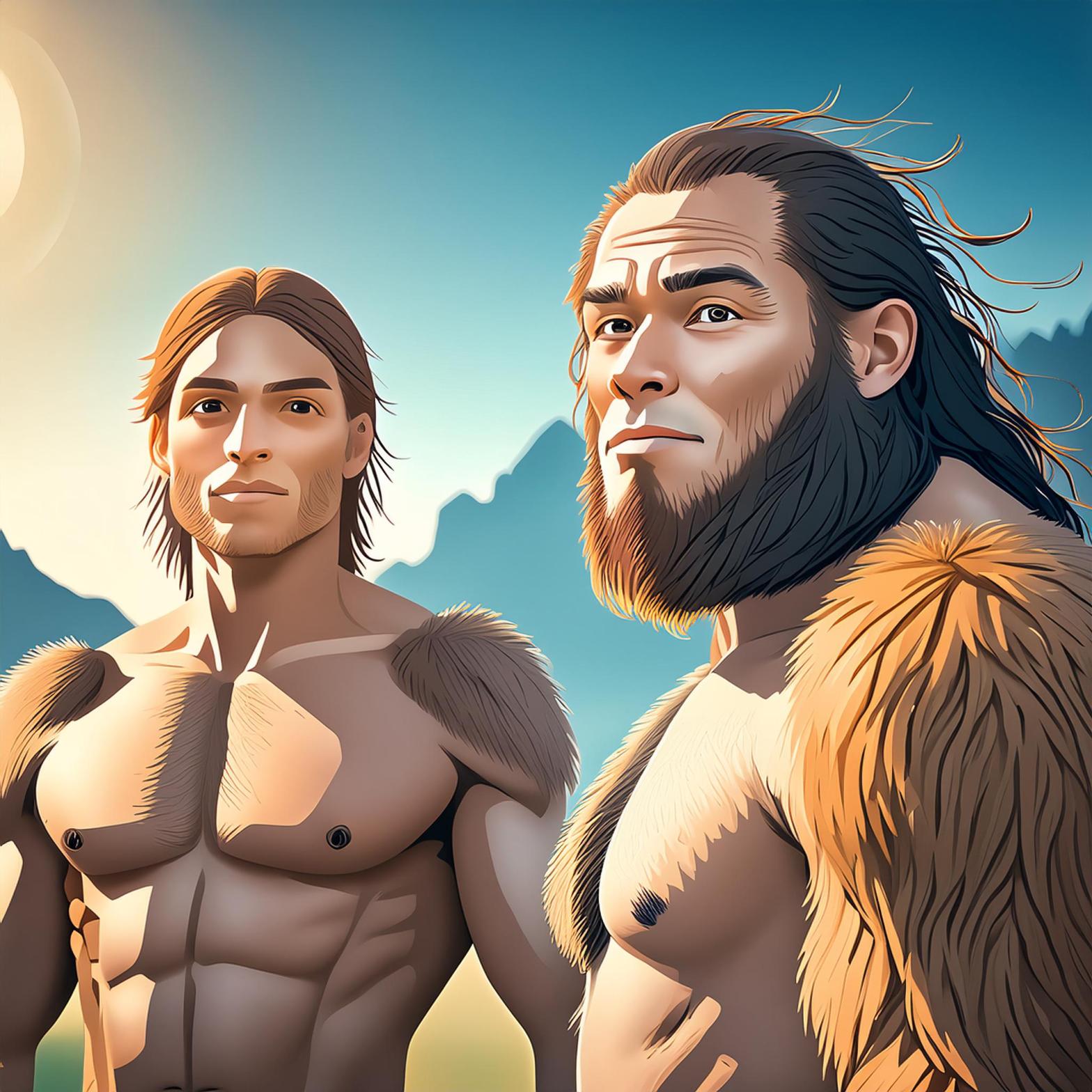In the realm of human existence, death is an inescapable truth, leaving us to contemplate the fate of our physical forms. Burial, a prevalent practice among humans, serves as a means of honoring the deceased and facilitating the grieving process. However, the question arises: Are we the sole species that engages in the burial of our dead?
Archaeological evidence suggests otherwise. Researchers have uncovered remnants indicating that other hominin species, such as Neanderthals and Denisovans, also practiced burial. This discovery challenges the notion that burial is exclusively a human behavior, underscoring its deep-rooted evolutionary significance.
The reasons behind the practice of burial are multifaceted. Primarily, it offers a ritualized approach to mourning, allowing individuals to process the loss of a loved one. It also reflects a profound respect for the deceased, honoring their memory and acknowledging their contributions to the collective human experience.
Yet, burial may have served an additional purpose. Some scientists propose that our ancestors employed burial as a means of survival. By interring their dead, they could potentially mitigate the spread of diseases and deter predators, thus enhancing the safety and well-being of their communities.
Regardless of the exact motivations, the practice of burial has been an enduring feature of human history. It transcends cultural and geographical boundaries, uniting us in a shared ritual that acknowledges the finite nature of life and the enduring bonds we forge with others.
The realization that other hominin species also practiced burial holds profound implications. It challenges the conventional view that burial is a uniquely human behavior, suggesting instead that it is a deeply ingrained aspect of our evolutionary heritage. This finding raises intriguing questions about the cognitive abilities of our hominin ancestors.
To engage in burial, they must have possessed an understanding of death and mortality, as well as the capacity for forward planning and cooperative action. These findings challenge previous assumptions about the intellectual capabilities of other hominin species, indicating a level of complexity and sophistication that was previously underestimated.
Ultimately, the practice of burial serves as a potent reminder of our shared humanity. It transcends species and connects us to our evolutionary past, underscoring the intricate web of life and the profound interconnectedness of all living beings. Through burial, we honor the memories of those who have come before us, acknowledging their contributions to the rich tapestry of human history and acknowledging the enduring legacy they leave behind.
